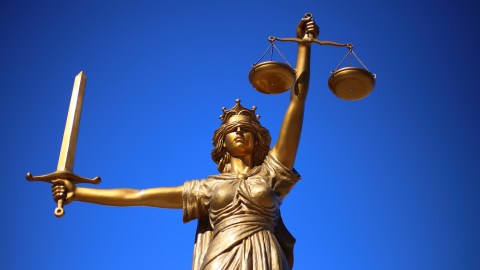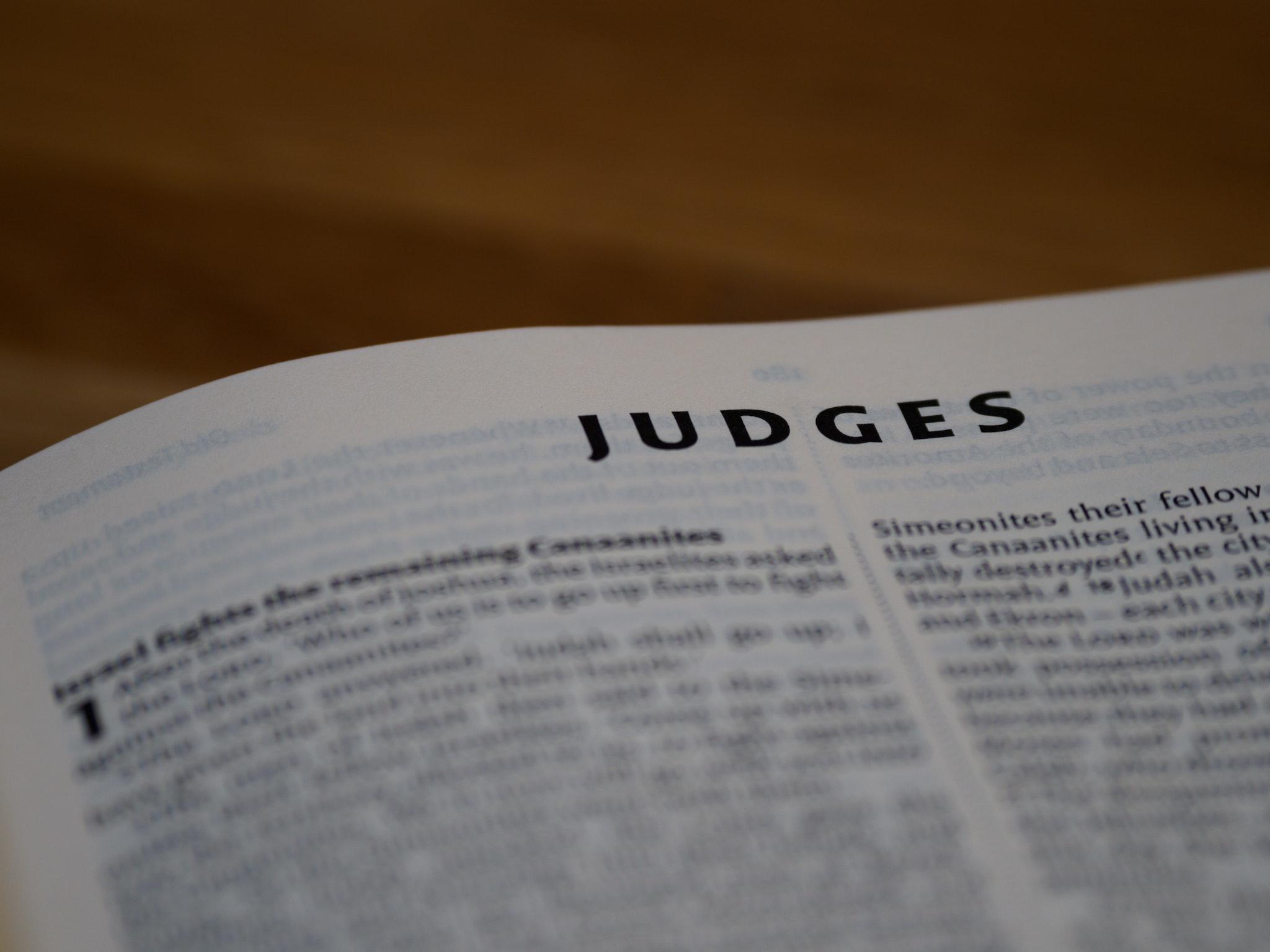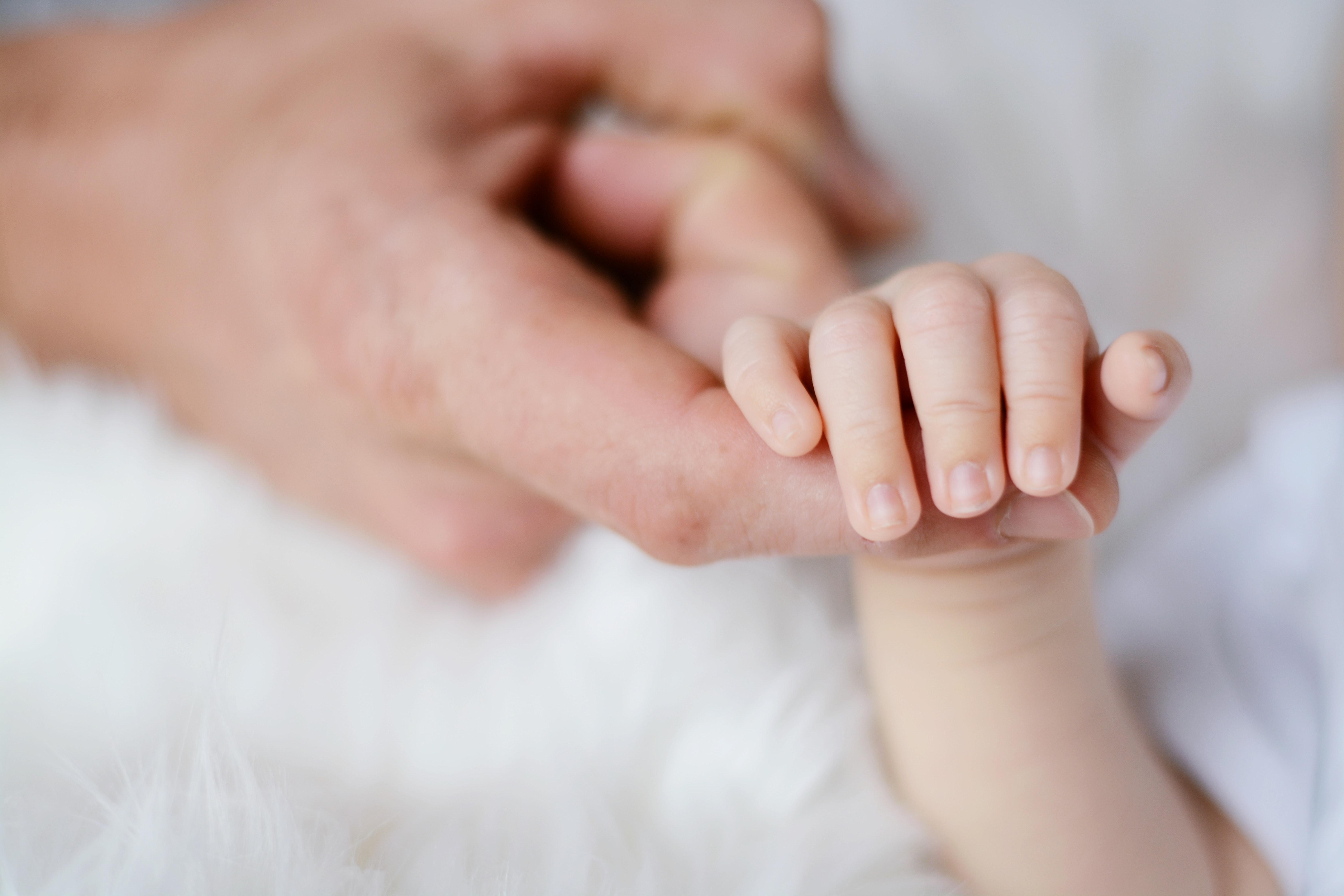Moral Licensing, and Why It’s So Hard to Be a Saint

We’ve all done it, reminded ourselves that we have been good before we do something bad. Perhaps just before we eat something a bit too fattening, buy that excessive luxury, or don’t giving a dollar to charity at the store we simply remind ourselves, “It’s okay, I was good earlier”. It’s so common, Subway ran an ad campaign on it in the ’90s. The logic being: come on, admit it, you were good earlier, so doing something questionable (like eating at Subway) doesn’t really count.
As it turns out, this is a well-studied psychological phenomenon, called Moral Licensing.
In a review of the studies of the subject, Anna C. Merritt, Daniel A. Effron, and Benoıˆt Monin, found that “Past good deeds can liberate individuals to engage in behaviors that are immoral, unethical, or otherwise problematic, behaviors that they would otherwise avoid”.
In the first experiment they mention, subjects were given two hiring tasks relating to hiring a new person into a group with past racial tension. In the first, the best qualified candidate is an African American, in the second there are only white candidates. It is explained to the subjects that the previous post holder was an African American and left due to harassment from their co-workers, so when the researchers asked subjects, “Is the job better suited for a white person, a black person, or equally so for both races?”, there is a decent argument to be made for one answer above the others.
As you might guess though, many people don’t wish to answer in a manner that makes them seem prejudiced.
That is why in some tests subjects were allowed to express ideas showing they weren’t racists, such as support for President Obama, with a resultant spike in the number of subjects who were willing to state that the job was better suited to a white person. This spike was absent in the control groups and remained for similar tests that focused on sexism.
However, this effect doesn’t limit itself to questions of racism and sexism.
In another experiment, subjects were told to write an essay about either themselves or a friend using either positive or negative language. After they finished, they were paid, but all were offered the chance to donate some of that money to charity. The lowest rate of donation happened in the group that had praised themselves, with the best rate occurring among those who had written negative essays about themselves. Exactly in line with the hypothesis.
This pattern, the supposed need to redeem the self after reflecting on past poor choices is often called “moral cleansing,” and shows the full extent of this effect. When you feel good about yourself, you are less concerned about your negative actions. When you feel badly, you are likely to try to behave well.
So, are we doomed to moral “breaking even” in the long run? There goes my sainthood.
It’s not all bad, say the researchers, as self-licensing can reduce anxiety about making offensive statements; they propose that self-licensing could be used to promote conversations about sensitive topics which might otherwise be avoided. In a similar vein, sometimes morally ambiguous actions are needed and the ability to reduce stress around those decisions is a potentially valuable tool; if used correctly.
However, they also mention that, “research has also shown that individuals strategically seek out opportunities to act morally if they know they might need a moral license for an upcoming dubious action.” Showing a bit of a Machiavellian side to the potential use of this phenomena.
It doesn’t make for a good self-promotion strategy though, as another study shows that people don’t really view “good” people as being any more entitled to passes than “neutral” people for poor behavior, though they do get away with more than “bad” people.
The real benefit to moral licensing is, perhaps, personal. Trying to stop yourself from doing it may prove impossible, but a higher bar can help you be a better person. Likewise, every minor mistake you make need not be the cause for a donation to some charity. Your self-image as a good person has little bearing on others. Now that you understand the tendency of humanity to do this you are better prepared for the next time you do it.
Now go watch cat videos for an hour, you just read something educational. You’ve earned it!





